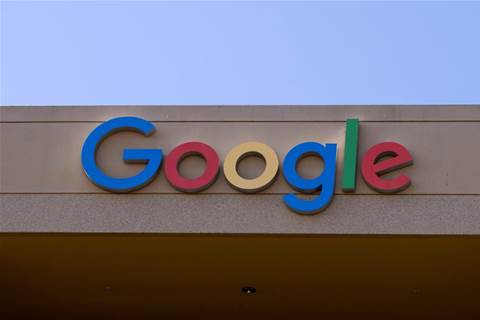Source: biometricupdate.com
The EU’s proposed temporary moratorium on biometric facial recognition technology use is being supported by Alphabet and Google CEO Sunder Pichai, who spoke at an event organized by the think tank Bruegel in Brussels, Reuters reports.
Nefarious uses of facial recognition and the spread of deepfakes are among the concerns motivating a call for regulation of artificial intelligence made by Pichai in a Financial Times editorial. The executive thinks the biggest risk, however, may be of not allowing AI to continue advancing, causing civilization to miss out on “the potential to improve billions of lives,” he writes.
Pichai notes the attempts in the EU and U.S. to develop regulations for AI, and the importance of international alignment. He also says that market forces are not adequate to ensure the technology is used for good and widely available. Good uses of AI with major potential include improved cancer screening accuracy, tools for mitigating climate change’s effects such as upgraded hyperlocal rainfall forecasts models, and reduced airplane flight delays, according to Pichai.
Pichai compares AI to advances such as the invention of the combustion engine, the primary negative consequence of which he presents as auto accidents, without making mention of climate change. The lesson, according to Pichai, is that people must “be clear-eyed about what could go wrong.”
Google’s AI Principles, developed in 2018, and the company’s efforts to put them into action, are held up as examples of its approach to regulating the tech. Those principles commit the company to not supporting mass surveillance systems or human rights violations. Pichai has also previously said that regulation of AI needs to be limited.
The EU is considering a proposal to disallow facial recognition in public places for up to five years while a legal framework for its use is established, and apparently this proposal fits at least somewhat with Pichai’s perspective.
“I think it is important that governments and regulations tackle it sooner rather than later and gives a framework for it,” Pichai told the Brussels’ audience, citing the nefarious uses briefly referred to in the FT opinion piece.
“It can be immediate but maybe there’s a waiting period before we really think about how it’s being used,” Pichai says. “It’s up to governments to charter the course,” he says, calling for a proportionate approach that recognizes high-risk and high-value areas.
An opinion-heavy article in TechCrunch expresses the skepticism of many observers about the true value of suggestions about AI regulation from a company that works in AI and has frequently fallen afoul of corporate and technology regulations. The article notes a push by some in tech and some in U.S. government to write “innovation-friendly” AI regulation.
Microsoft President Brad Smith, meanwhile, says the EU’s approach is like using a meat cleaver for a job best suited to a scalpel. Smith expresses reluctance to support bans on a technology that can reunite families, and suggests a reasonable alternative to a moratorium can be found.
“There is only one way at the end of the day to make technology better and that is to use it,” according to Smith.
Governments, in addition to corporations, are not yet aligned on the appropriate way to regulate AI.


